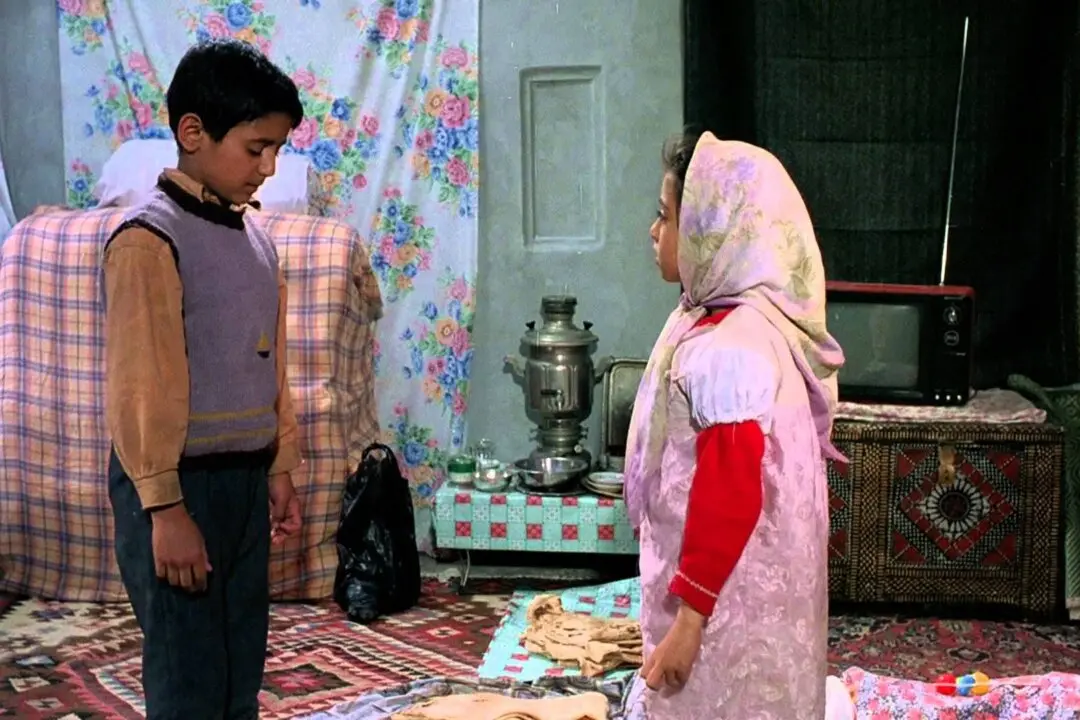G | 2h 17min | Drama | 1956
Gary Cooper’s “High Noon” (1952) merely touched on themes of Quakerism, pacifism, and fatalism, and how they relate to state-sanctioned attack or defense. Another of his movies, “Friendly Persuasion” (1956), explores these more deeply, more lightheartedly and, uniquely, from a Quaker’s perspective.




